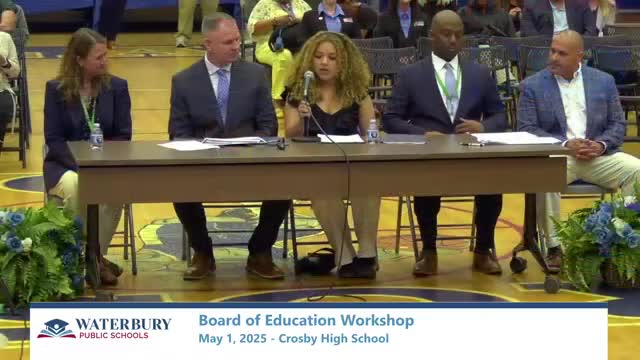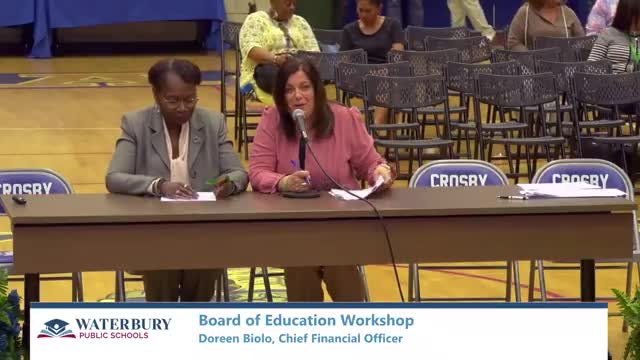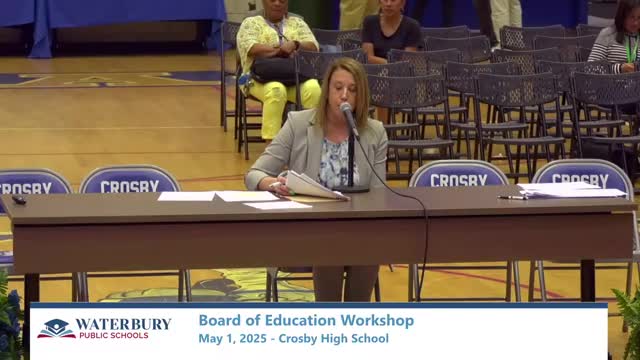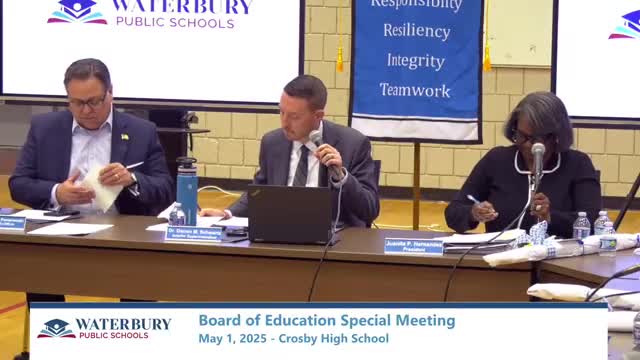Article not found
This article is no longer available. But don't worry—we've gathered other articles that discuss the same topic.

Crosby High officials and students highlight steady gains in attendance, graduation and early college participation

District grants update: $173.5M overview, ARP ESSER extension remains pending

Board reviews large out-of-district special-education contracts and related budget questions

